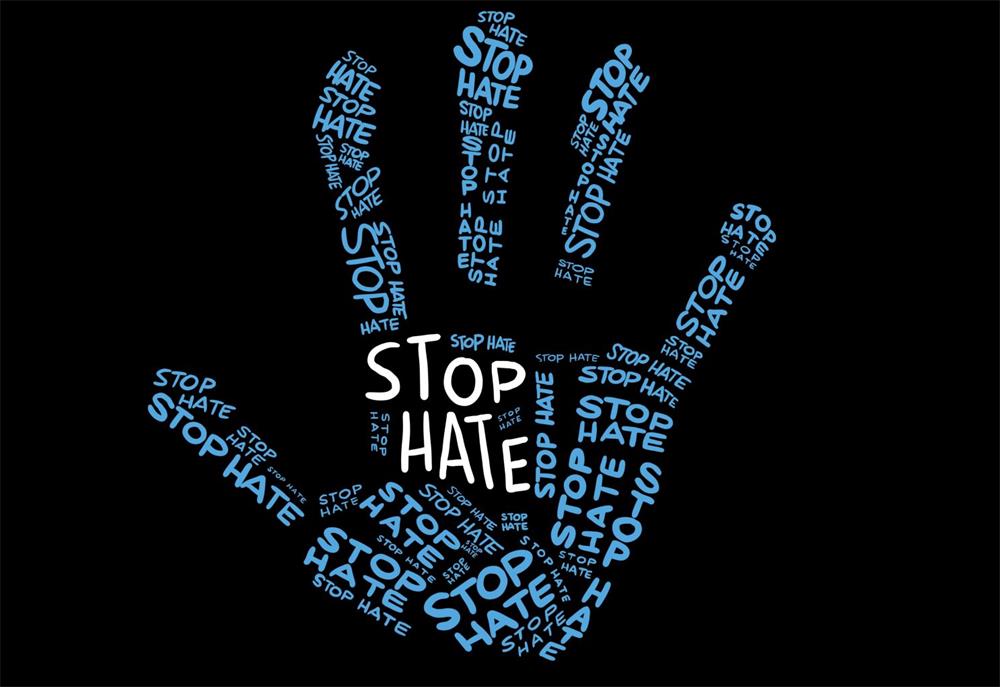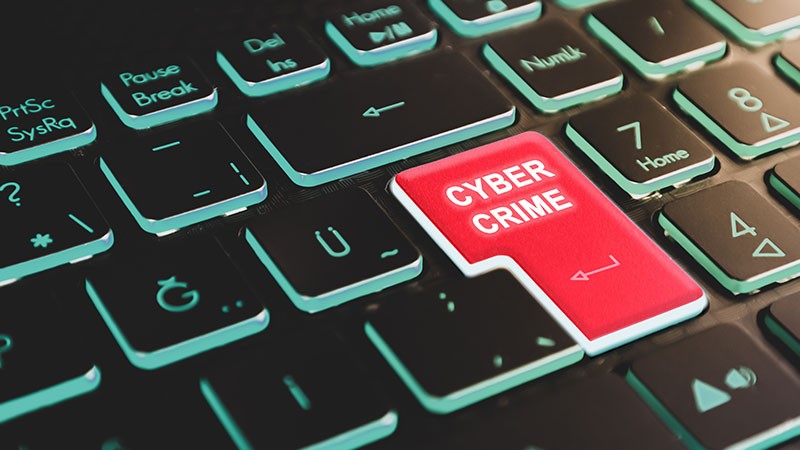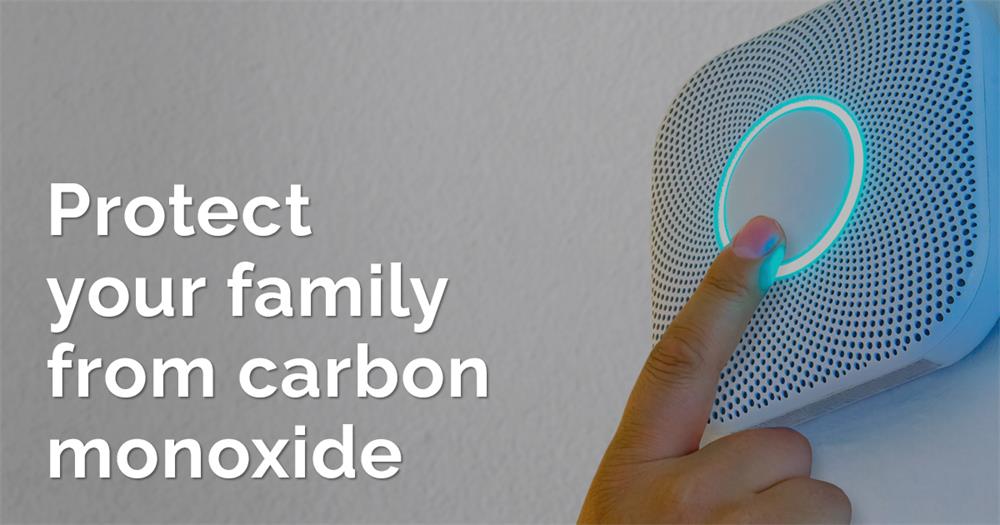Contents
“Hate crimes are a cancer on society. They represent a fundamental attack on the principles of inclusion and diversity that form the bedrock of our democratic society.” – Justin Trudeau
The definition of hate crime is broad, but what it boils down to is this: it’s a criminal act (such as assault, vandalism, or murder) motivated by prejudice or bigotry towards a particular group. Discrimination involves treating someone unfairly because they belong to a certain group, whether it’s based on their race, religion, gender identity, sexual orientation or any other characteristic.
Hate crimes and discrimination lead to fear, mistrust and division in our communities. It can create feelings of hopelessness and despair for those targeted individuals.
That’s why preventing these actions is so important. We all want to live in a world where everyone feels safe and valued.
By working together we can make that happen. Through education and community involvement we can eradicate hate crimes from our society.
Definition of Hate Crimes and Discrimination
To better understand the problem at hand let’s dive deeper into what these terms really mean: Hate crimes: Any criminal act motivated by bias against a particular group such as race, religion or sexual orientation.
Discrimination: Treating someone unfairly because they belong to a certain group based on their race, ethnicity, sexual orientation etc. These two concepts go hand-in-hand since discrimination often leads to hate crime incidents.
For example if an individual experiences racism in the workplace over time they may become more vulnerable to attacks outside of work hours simply due to their identity as part of that minority group. It is also important to note that hate crime laws exist- many countries have specific legislation which makes certain acts punishable when committed with intent based on hatred towards minority groups.
The Importance of Preventing Hate Crimes and Discrimination
Hate crimes and discrimination can have a significant impact on individuals, families and entire communities. It creates mistrust between people who may otherwise get along, and leads to the feeling of not belonging or being unwelcome in their own communities. It can also lead to serious physical harm or death.
In 2018 alone, over 7,100 hate crime incidents were reported to the FBI in the United States- ranging from vandalism to murder. Preventing hate crimes is therefore paramount to creating inclusive societies where everyone can feel safe and valued regardless of their background.
By working together we can eradicate hate crimes from our society through education, community involvement and political action. Not only does preventing hate crimes make us all safer but it also helps us to create a world that is more compassionate and accepting for all individuals.
Education and Awareness
Educating people about different cultures, religions, and lifestyles
One of the most effective ways to prevent hate crimes and discrimination is through education. When people learn about different cultures, religions, and lifestyles, they become more accepting and tolerant of those who are different from them.
This is especially important for children who are still developing their beliefs and attitudes towards others. Educational programs should be designed to teach children about diversity in a fun way that encourages them to appreciate differences rather than fear or discriminate against them.
Activities such as cultural fairs or field trips to places of worship can help children learn about other cultures firsthand. It’s also important for educators to acknowledge the contributions of diverse groups in history textbooks so that students can see how everyone has played a role in shaping our society.
Encouraging diversity in schools and workplaces
One major reason why hate crimes occur is because some people feel like they don’t belong or aren’t accepted by society. By promoting diversity in schools and workplaces, we can create environments where everyone feels valued and respected. Schools should strive to have students from different backgrounds represented in their student body as well as their faculty.
Employers should also make an effort to hire individuals from diverse backgrounds so that the workplace reflects the community it serves. When diversity is embraced rather than ignored or tolerated, people will feel more comfortable with each other leading to better social cohesion, understanding, collaboration & inclusiveness.
Promoting tolerance through media campaigns
Media has a tremendous influence on how we perceive others including those who are different from us. Unfortunately, many media outlets tend to spread negative stereotypes which fuel hate crimes & discrimination around the world. Media campaigns can be used effectively as a tool for change by spreading positive messages of tolerance & acceptance across various platforms such as TV commercials ,billboards ,social media, movies, music etc.
Media campaigns should be designed to educate people about different cultures & lifestyles, the importance of acceptance and promote messages of unity and harmony. This will help break down barriers between different groups and create a more inclusive society.
Overall, education is critical in developing an understanding of other cultures and lifestyles that can lead to greater acceptance and tolerance towards others. If we commit to promoting diversity in schools & workplaces while using the power of media to promote messages of unity & harmony, we can make significant progress towards preventing hate crimes & discrimination.
Community Involvement
Encouraging Community Members to Report Hate Crimes
One of the most important ways to prevent hate crimes is to encourage community members to report them. Unfortunately, many hate crimes go unreported because victims fear retaliation or do not believe that anything will be done.
However, it is important for victims and witnesses of hate crimes to report them so that law enforcement can take action and prevent future incidents. To encourage reporting, communities can hold workshops or informational sessions about hate crimes and their impact.
They can also create hotlines or online reporting systems for people to anonymously report incidents. In addition, communities can work with law enforcement agencies to ensure that they are taking hate crime reports seriously and providing adequate support for victims.
Creating Safe Spaces for Victims of Discrimination
Victims of discrimination often feel isolated and unsupported. Therefore, it is important for communities to create safe spaces where victims can receive support from others who have experienced similar situations. These safe spaces can be physical locations such as community centers or online forums where individuals can share their experiences and receive advice from others.
In addition, communities should work with local organizations or mental health professionals to provide counseling services for those affected by discrimination. This support system will help those individuals cope with the emotional impact of discrimination and help prevent future incidents.
Holding Community Events That Celebrate Diversity
Communities should hold events that celebrate diversity and promote inclusivity in order to combat hatred and intolerance. These events could include cultural festivals, parades, or community gatherings where people from different backgrounds come together to celebrate their differences. In addition, schools should incorporate education about diversity into their curriculum in order to teach children about different cultures, religions, lifestyles etc., which will lead them towards becoming more empathetic adults who value diversity.
Communities should also make an effort to include diverse perspectives in public events such as town hall meetings and political rallies. This will help to ensure that everyone’s voice is heard and that diverse opinions are considered in decision-making processes.
Community involvement is crucial in preventing hate crimes and discrimination. Encouraging reporting, creating safe spaces for victims, and holding events that celebrate diversity can all contribute to a more inclusive and tolerant community.
Law Enforcement: Keeping Communities Safe
Law enforcement plays a vital role in preventing and addressing hate crimes and discrimination. Without their involvement, these crimes may continue to go unnoticed or unpunished. To ensure that our communities are safe for everyone, increasing penalties for hate crimes should be a priority.
Hate crimes are violent acts committed against individuals because of their race, religion, ethnicity, or sexual orientation. Such acts can have long-lasting effects on the victim and the community at large.
To prevent this from happening, law enforcement officials must work tirelessly to identify and prosecute those responsible for committing these heinous acts. Training law enforcement officers to recognize and respond to hate crimes is crucial.
It is essential that they are well versed in how to handle such incidents sensitively while still maintaining the safety of all involved parties. This training should include understanding what constitutes a hate crime, how to collect evidence effectively, how to communicate with victims compassionately, and how to investigate such incidents thoroughly.
Encouraging victims of hate crimes and discrimination to report incidents is also essential in combating these issues effectively. Law enforcement officials must work proactively with communities and individuals who may not feel comfortable coming forward due to negative experiences with law enforcement agencies in the past.
Law enforcement officials play a critical role in creating safe communities free from hate crimes and discrimination. They must receive adequate training on recognizing these incidents while simultaneously increasing penalties for those who commit them.
Encouraging victims’ reporting of such events will help stop this harmful behavior from continuing unchecked within our society. Let’s all work together towards building safer communities where everyone feels welcome!
Political Action
Advocating for Laws that Protect Against Discrimination
When it comes to preventing hate crimes and discrimination, one of the most important things we can do is advocate for laws that protect against these harmful acts. This means supporting legislation that prohibits discrimination based on race, ethnicity, religion, gender identity, sexual orientation, and other characteristics. It also means fighting against any attempts to weaken or repeal existing protections.
For example, we can support the passage of bills like the Equality Act, which would provide comprehensive federal protections against discrimination based on sexual orientation and gender identity. We can also push for stronger state-level anti-discrimination laws and ensure they are properly enforced.
But advocating for these laws is just the first step – we must also work to ensure they are implemented in a fair and equitable manner. This means holding government agencies accountable when they fail to enforce anti-discrimination laws or when they engage in discriminatory practices themselves.
Supporting Organizations That Fight Against Hate Crimes
There are many organizations out there working tirelessly to combat hate crimes and discrimination. These groups provide critical support services for victims of hate crimes, conduct research on hate crime trends and prevention strategies, and advocate for stronger hate crime laws. By supporting these organizations financially or through volunteer work, we can help amplify their impact and advance their important mission.
Some examples of organizations doing this work include the Anti-Defamation League (ADL), Southern Poverty Law Center (SPLC), Human Rights Campaign (HRC), National Association for the Advancement of Colored People (NAACP), Muslim Advocates, and many others. In addition to providing financial support or volunteering our time with these groups, we can also help spread awareness about their work by sharing their resources on social media or attending events they host.
Holding Politicians Accountable
Politicians have a significant influence on public discourse and policy, so it’s critical that we hold them accountable for their actions and statements related to hate crimes and discrimination. This means calling out politicians when they engage in hateful or divisive rhetoric, and making our voices heard at the ballot box.
We can also pressure our elected officials to support anti-discrimination legislation and policies. This could involve writing letters or making phone calls to our representatives expressing our support for certain bills or initiatives.
We must also be willing to vote out politicians who consistently promote hatred or intolerance. By electing leaders who prioritize equality, justice, and inclusion, we can create a more just society for all.
Conclusion: Why We Must Prevent Hate Crimes and Discrimination
In the wake of recent events, it’s more important than ever to take a stand against hate crimes and discrimination. These crimes are not only harmful to individuals, but they also tear at the fabric of our communities as a whole. By working together to prevent hate crimes and discrimination, we can create a better world for everyone.
Education and awareness are key in preventing hate crimes and discrimination. By teaching people about different cultures, religions, and lifestyles, we can help them understand and appreciate diversity.
Encouraging diversity in schools and workplaces can also help break down barriers between people from different backgrounds. Community involvement is also essential in preventing hate crimes.
Creating safe spaces for victims of discrimination can provide them with support when they need it most. Holding community events that celebrate diversity can also help bring people together and create a sense of unity.
Law enforcement must also play a role in preventing hate crimes. Increasing penalties for these types of offenses sends a strong message that such behavior will not be tolerated.
Training law enforcement officers to recognize and respond to hate crimes is also critical in ensuring that justice is served. Political action is necessary to protect against discrimination on a larger scale.
Advocating for laws that protect against discrimination and holding politicians accountable for their actions or statements that promote hatred or intolerance sends a clear message that our society will not tolerate such behavior. Taking steps to prevent hate crimes and discrimination is essential if we want to create a safer, more inclusive world for everyone.
By educating ourselves about different cultures and lifestyles, getting involved in our communities, supporting law enforcement efforts, and advocating for change on the political stage, we can work towards creating an environment where all individuals are treated with dignity and respect – regardless of their background or beliefs. Let us stand together against hatred by promoting love!









